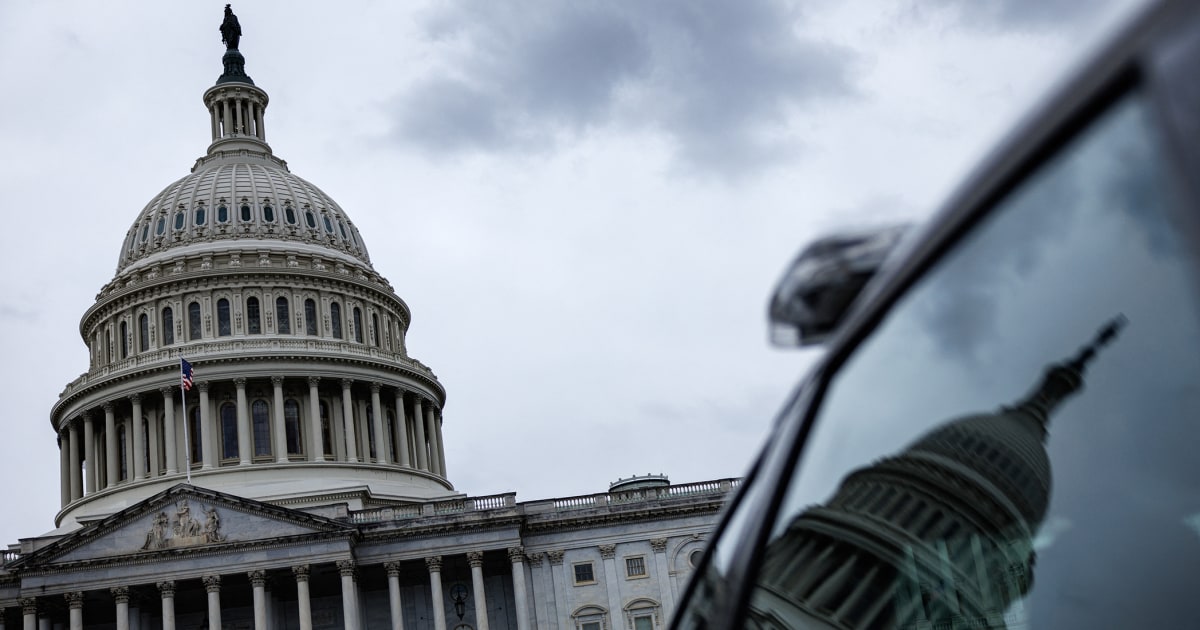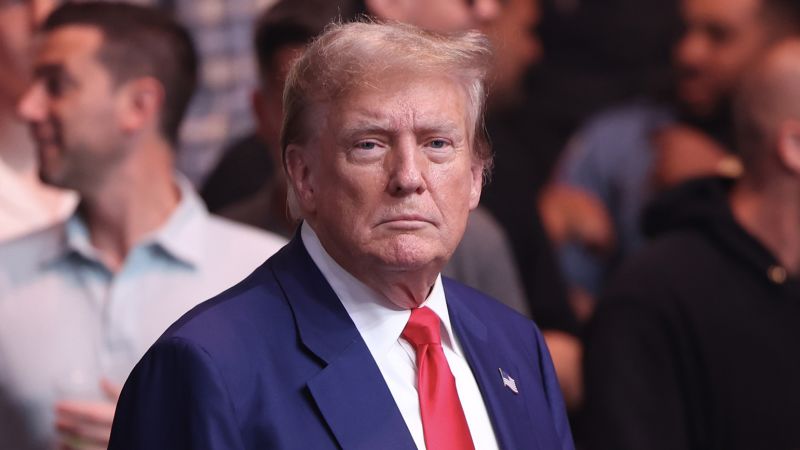
Voting for Maharashtra's 288-member Assembly is underway on Wednesday, November 20. While the ruling BJP-led Mahayuti alliance seeks to retain power, the opposition Maha Vikas Aghadi (MVA) hopes for a strong comeback. Polling began at 7 AM and will conclude at 6 PM, with the counting of votes scheduled for November 23.
Key leaders, including Prime Minister Narendra Modi, Union Home Minister Amit Shah, Congress leaders Rahul Gandhi and Priyanka Gandhi Vadra, and several Union Ministers, campaigned across the state for their respective candidates. The ruling Mahayuti alliance comprises the BJP, Chief Minister Eknath Shinde-led Shiv Sena, and Deputy Chief Minister Ajit Pawar-led Nationalist Congress Party (NCP). Their campaign emphasized popular schemes like “Majhi Ladki Bhagin” to secure voter support.

The BJP is contesting 149 seats, Shinde’s Shiv Sena is contesting 81, and Pawar’s NCP has fielded candidates in 59 constituencies. Within the MVA, Congress is contesting 101 seats, Shiv Sena (UBT) 95, and Sharad Pawar-led NCP 86 seats. Smaller parties like the Bahujan Samaj Party (BSP) and All India Majlis-e-Ittehad-ul-Muslimeen (AIMIM) are also in the fray, with the BSP fielding 237 candidates and AIMIM 17 candidates.
This year, the number of candidates has increased by 28% compared to the 2019 elections, with 4,136 candidates in the fray, including 2,086 independents. Over 150 rebel candidates are contesting against their party’s official nominees in various constituencies. As of October 30, Maharashtra has 9,70,25,119 registered voters, including 5,00,22,739 men, 4,69,96,279 women, and 6,101 transgender voters.
Additionally, there are 6,41,425 voters with disabilities and 1,16,170 service voters from the armed forces. To accommodate the increased number of voters, 1,00,186 polling stations have been set up this year, compared to 96,654 in 2019. Around six lakh government employees are deployed for election duties.
Since the model code of conduct came into effect on October 15, enforcement agencies have seized cash and goods worth ₹252.42 crore. This includes ₹63.
47 crore in cash, 34,89,088 liters of liquor worth ₹33.73 crore, narcotics worth ₹32.67 crore, and gold and silver valued at ₹83.
12 crore..














